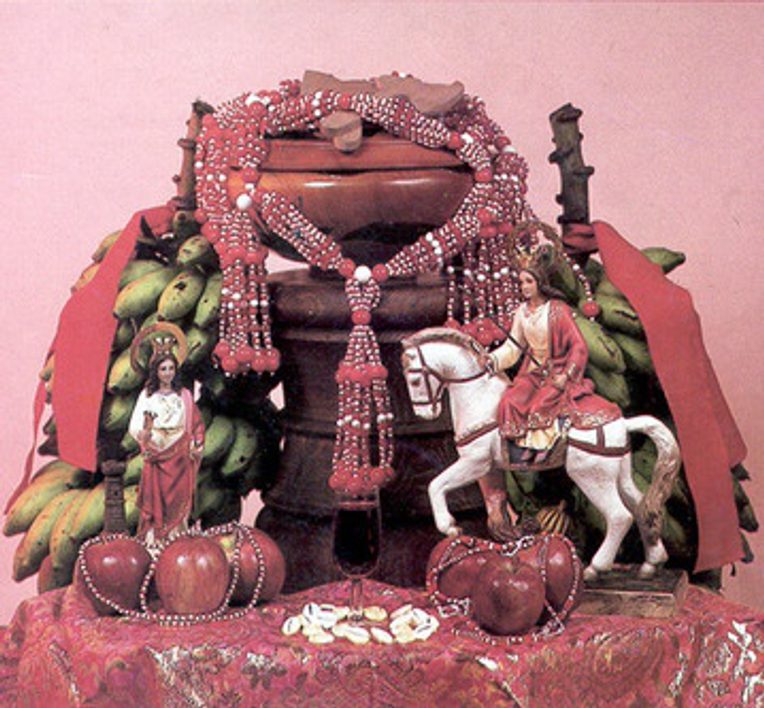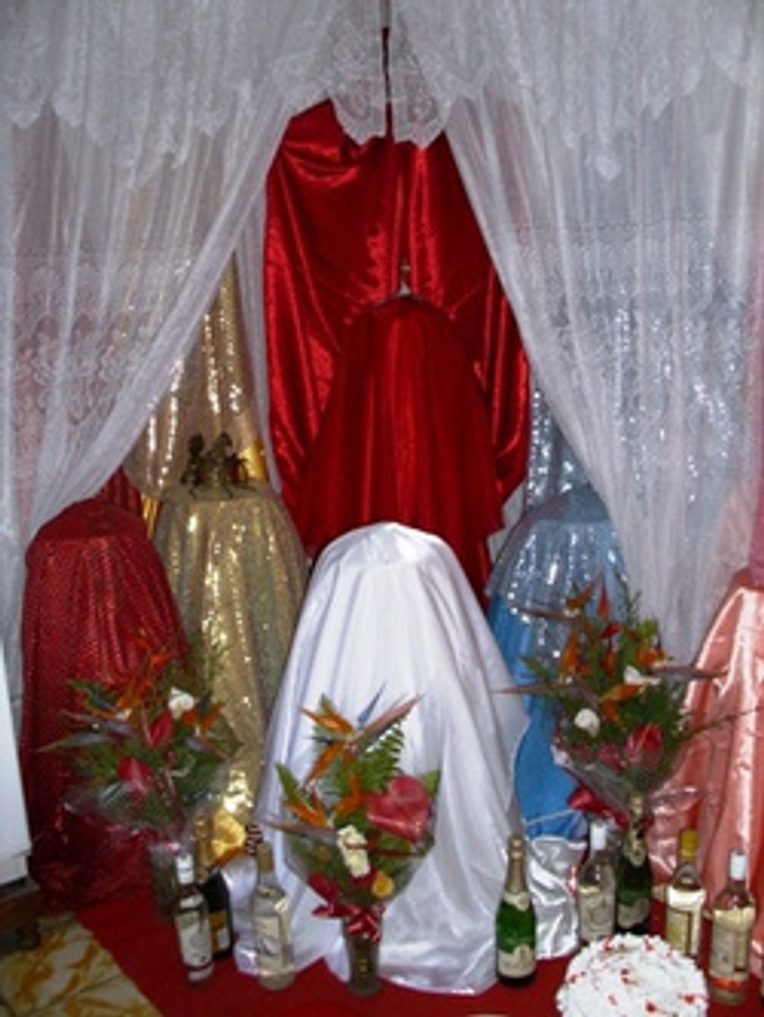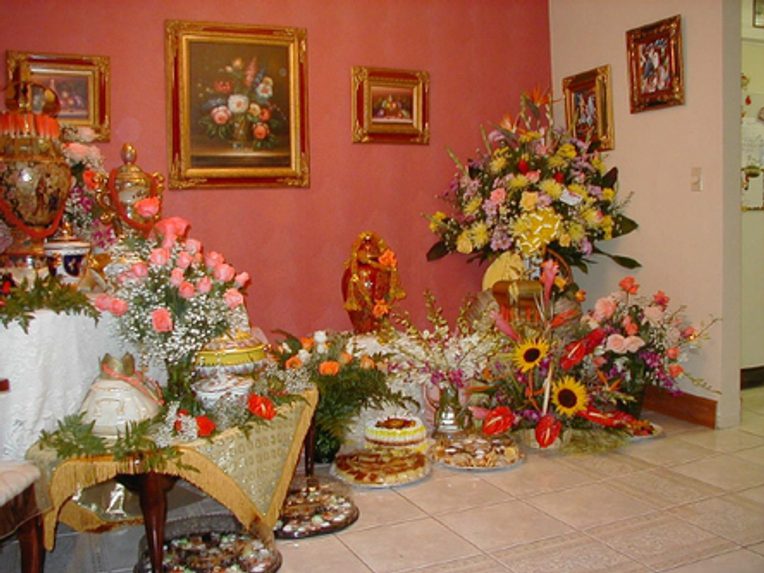This post builds on the research article “Cuban Cabildos, Cultural Politics, and Cultivating a Transnational Yoruba Citizenry,” which was published in the August 2013 issue of the Society’s peer-reviewed journal, Cultural Anthropology.
Editors Footnotes
Cultural Anthropology has published a number of essays that reflect on Afro-Cuban religion in Cuba, including Kamari Clarke's "Transnational Citizenship in the Caribbean: Notes on Cultural Citizenship in the Black Atlantic World" (2013), N. Fadeke Castor's "Shifting multicultural citizenship: Trinidad Orisha opens the road" (2013), Todd Ramon Ochoa's "Prendas-Ngangas-Enquisos: Turbulence and the Influence of the Dead in Cuban Kongo Material Culture" (2010).
Cultural Anthropology has also published an essay on race in Cuba: L. Kaifa Roland's "T/racing Belonging through Cuban Tourism" (2013), as well as a number of articles on the black Atlantic. See, for example, Jacqueline Nassy Brown's "Black Liverpool, Black America, and the Gendering of Diasporic Space" (1998); Helen A. Regis' "Second Lines, Minstrelsy, and the Contested Landscapes of New Orleans Afro-Creole Festivals" (1999) and Deborah A. Thomas’s “Democratizing Dance: Institutional Transformation and Hegemonic Re-Ordering in Postcolonial Jamaica” (2002).
Author Bio
Amanda D. Concha-Holmes, is an Adjunct Assistant Professor of Anthropology at the New College of Florida. Before coming to the New College of Florida, Concha-Holmes received her Ph.D. in Anthropology from the University of Florida, with a focus on ecological and visual anthropology. Her dissertation focused on the intersection of Yoruba religion and ecology in Cuba. Concha-Holmes' research and teaching interests are in the collaborative production of film documentaries and new media, which highlight marginalized ecological and cultural resources through a process that is founded upon and empowers local perspectives, voices, and visions. You can find more about her work on her website.
Images




Relevant Links
Questions for classroom discussion
1. In what ways does the author employ the concept of "cultural politics" in this article? How does this concept relate to issues of belong, citizenship, and folklore in the case of Afro-Cuban cabildos as political mobilizations?
2. What does it mean when a state relegates certain practices, music, religions, to the realm of "the folkloric"? How has this played out in the Cuban case that Concha-Holmes discusses? How do the community of practitioners themselves both utilize this concept and work against it?
3. In what ways do the cabildos blur racial and socio-economic boundaries in Cuba? How can this be understand in wider notions of race, socioeconomic status, and politics in post-revolution Cuba? How does this play alongside the lived realities of race in Cuba and the political declarations of a non-racist society?
4. In what ways do music and movement contribute to a sense of transnationalism in the various forms of Yoruba religion? How does this also create certain political systems for believers and practitioners?
Further Reading
Brown, David H. Santeria Enthroned: Art, Ritual, and Innovation in an Afro-Cuban Religion. Chicago: University of Chicago Press, 2003.
Daniel, Yvonne. Dancing Wisdom: Embodied Knowledge in Haitian Vodou, Cuban Yoruba, and Bahian Condomble. Urbana: University of Illionis Press, 2005.
———. Caribbean and Atlantic Diaspora Dance: Igniting Citizenship. Urbana: University of Illinois Press, 2011.
McCarthy Brown, Karen. Mama Lola: A Vodou Priestess in Brooklyn. Berkeley: University of California Press, 2001.
Moore, Robin. Nationalizing Blackness: Afrocubanismo and Artistic Revolution in Havana, 1920-1940. Pittsburgh: University of Pittsburgh Press, 1997.